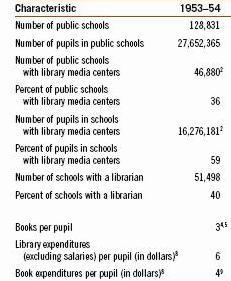Globally, individuals say they spent 16.6 hours watching television, 8 hours listening to the radio, 6.5 hours reading and 8.9 hours on computers/Internet (for non-work related reasons) on average each week.According to NOP's press release, individuals around the world spend 10 hours more watching TV than reading. According to the same press release, Filipinos spend 13 hours more watching TV than reading, and are ranked 2nd among TV watchers and 3rd among readers. But this was the story that appeared yesterday:
—"NOP World Culture Score(TM) Index Examines Global Media Habits...Uncovers Who’s Tuning In, Logging On and Hitting the Books" (15 June 2005)
"Filipinos No. 3 among world's bookworms" by Alcuin Papa (Philippine Daily Inquirer, 29 June 2005)While I was happy that Filipinos' reading habits were recognized, there is something seriously wrong when the most important findings of a study are glossed over. If we were to act, for instance, based on the Inquirer report alone, we might just say that there is really no problem, that we're better off than most people in the world.
But the truth is that the time Filipinos spend watching TV is more than 150 percent of the time they spend reading. In fact, the difference is greater than the global average. Let's emphasize the positive, sure; but let's not delude ourselves, either.









